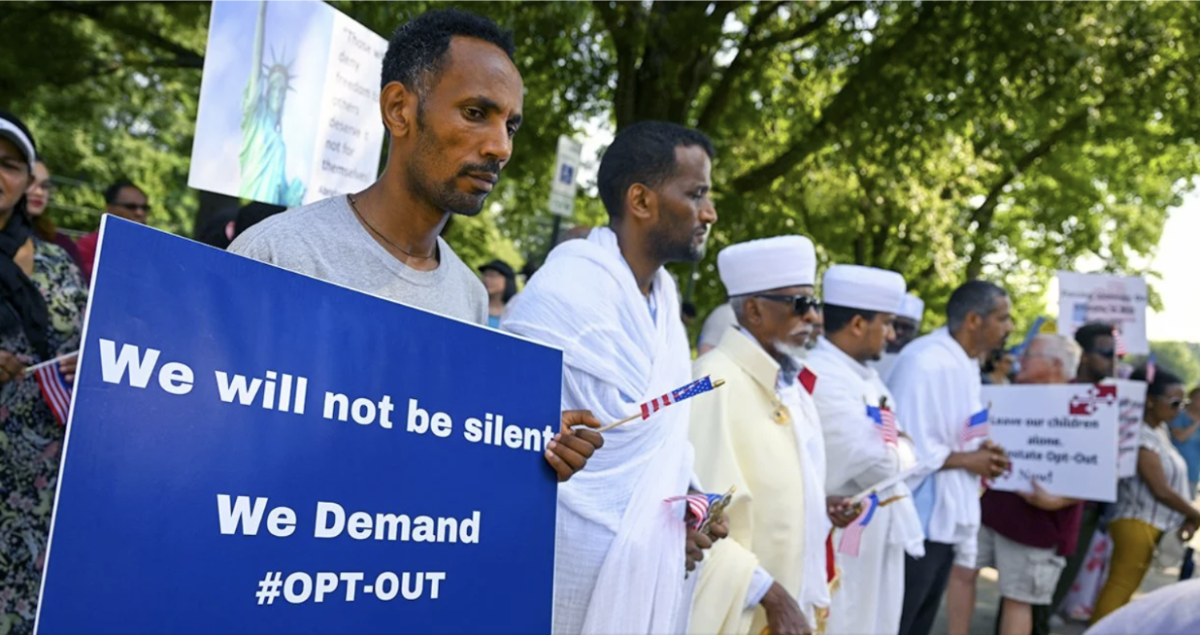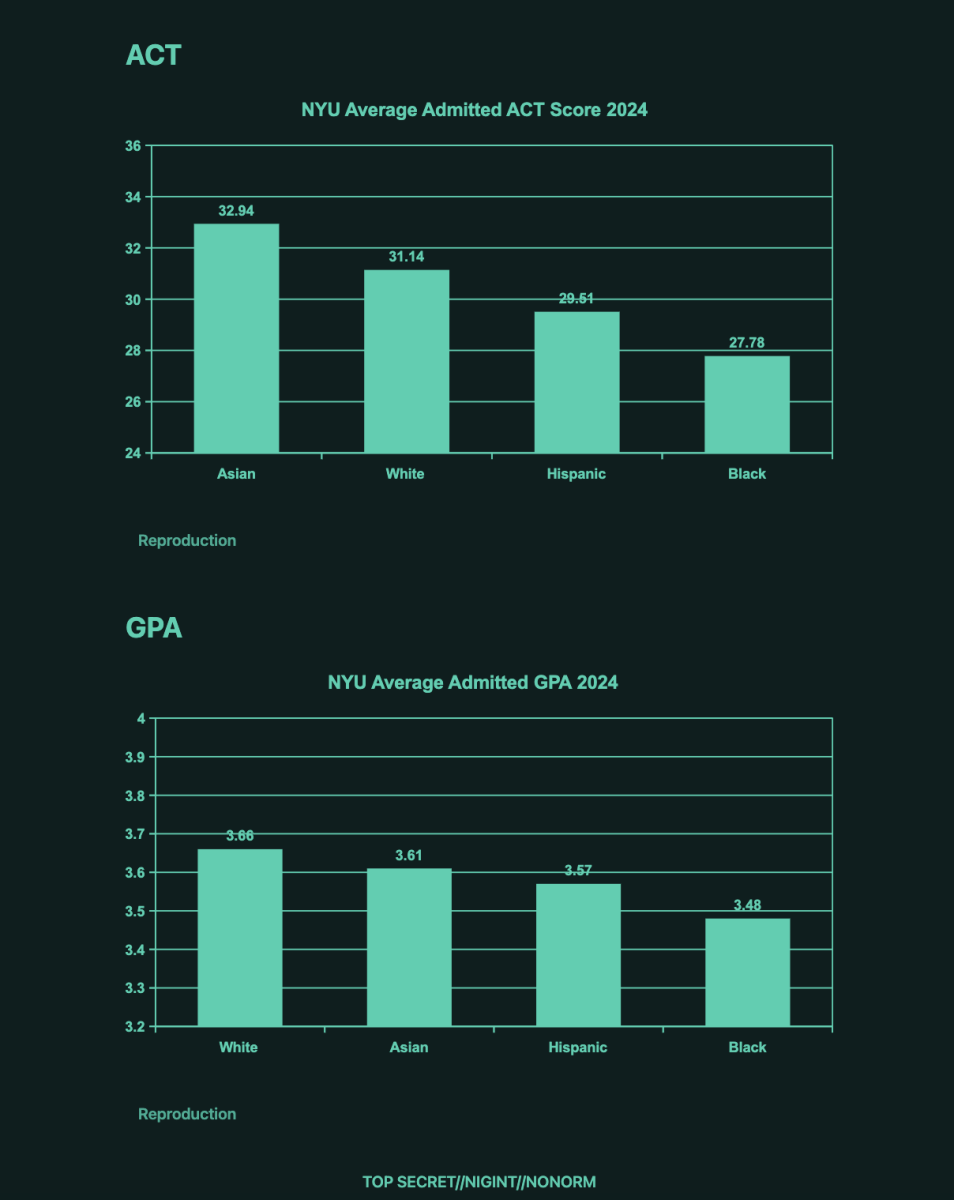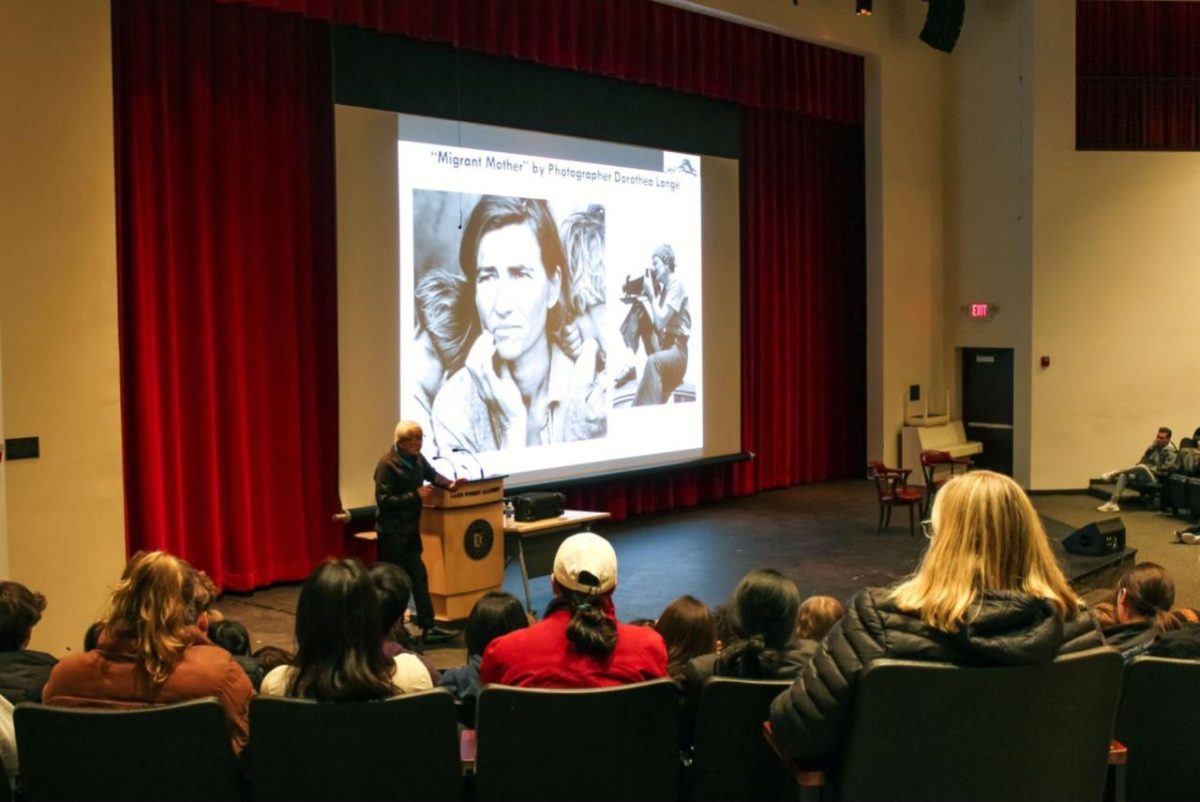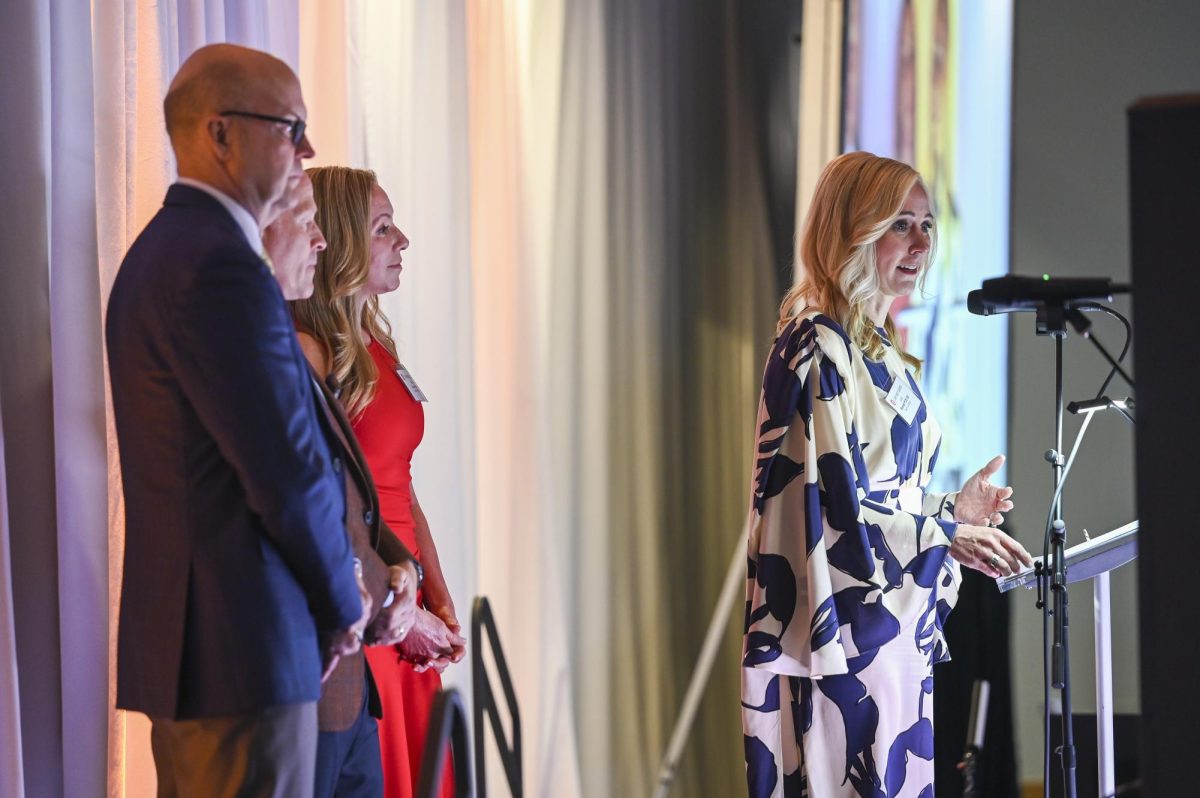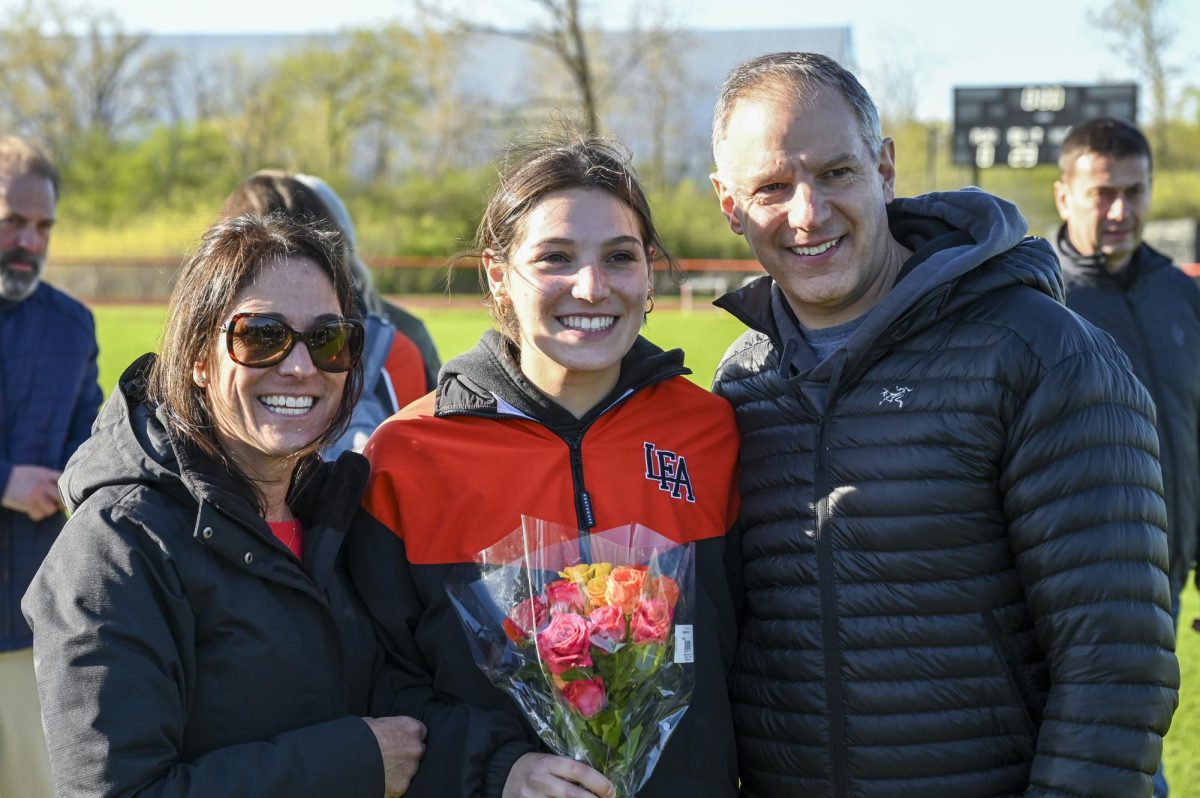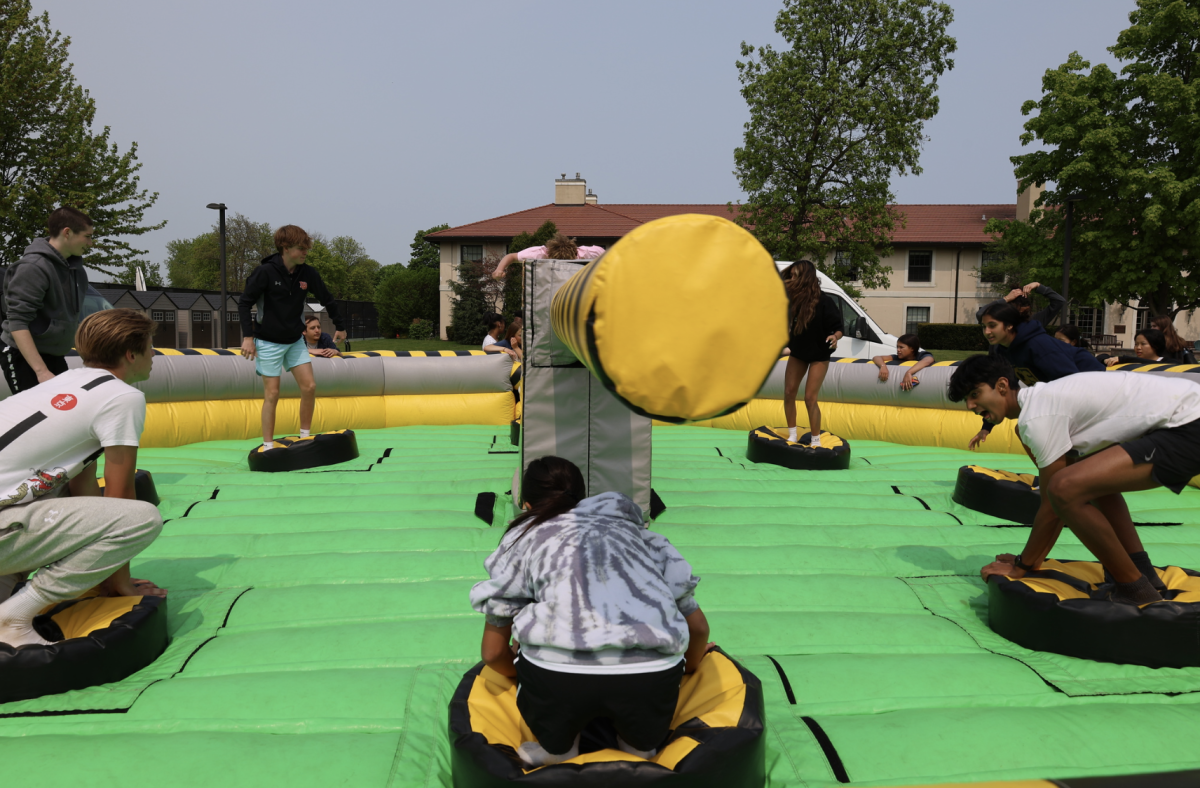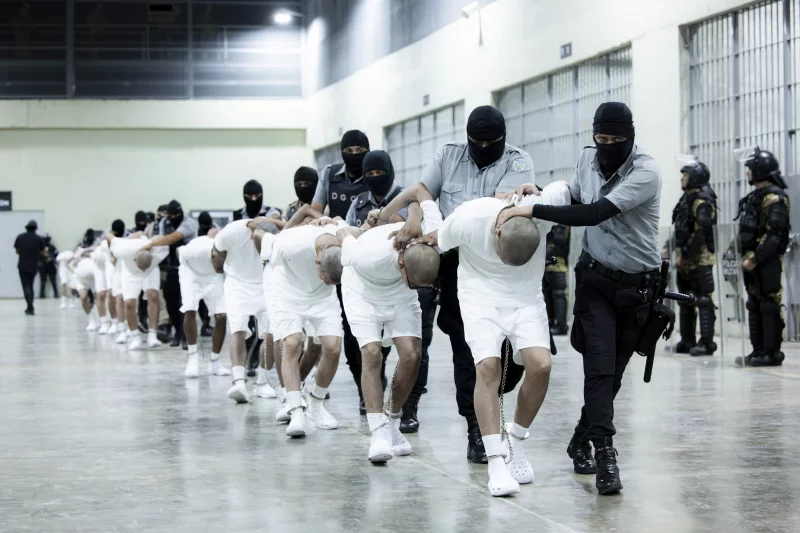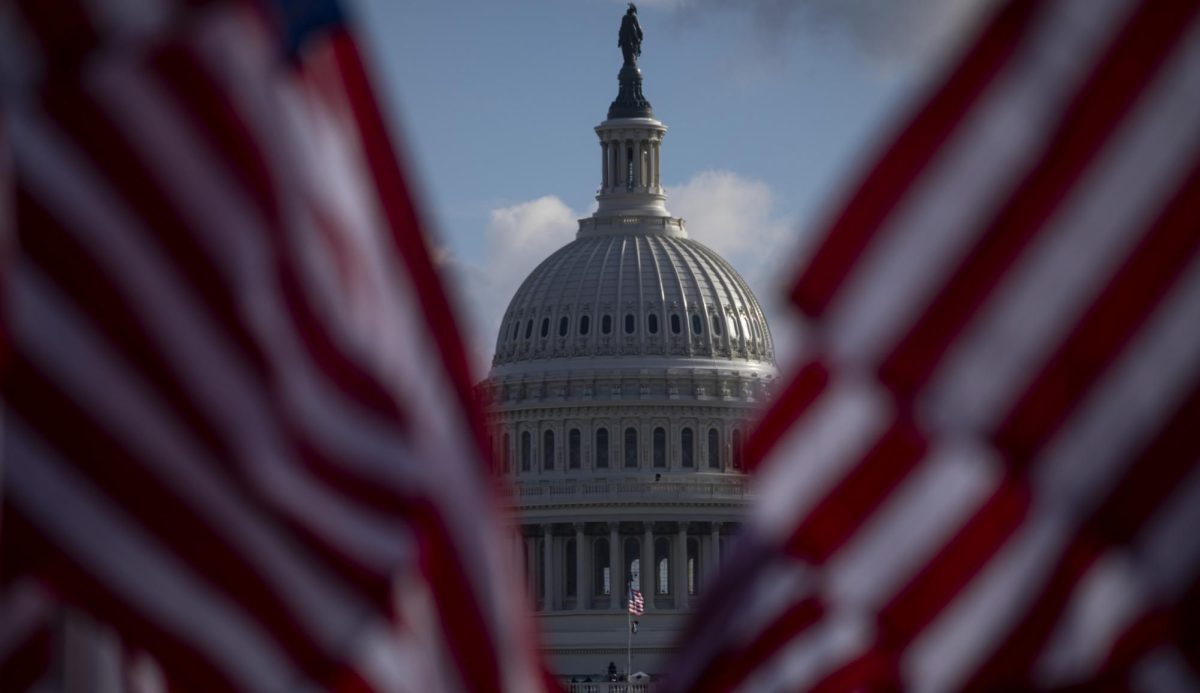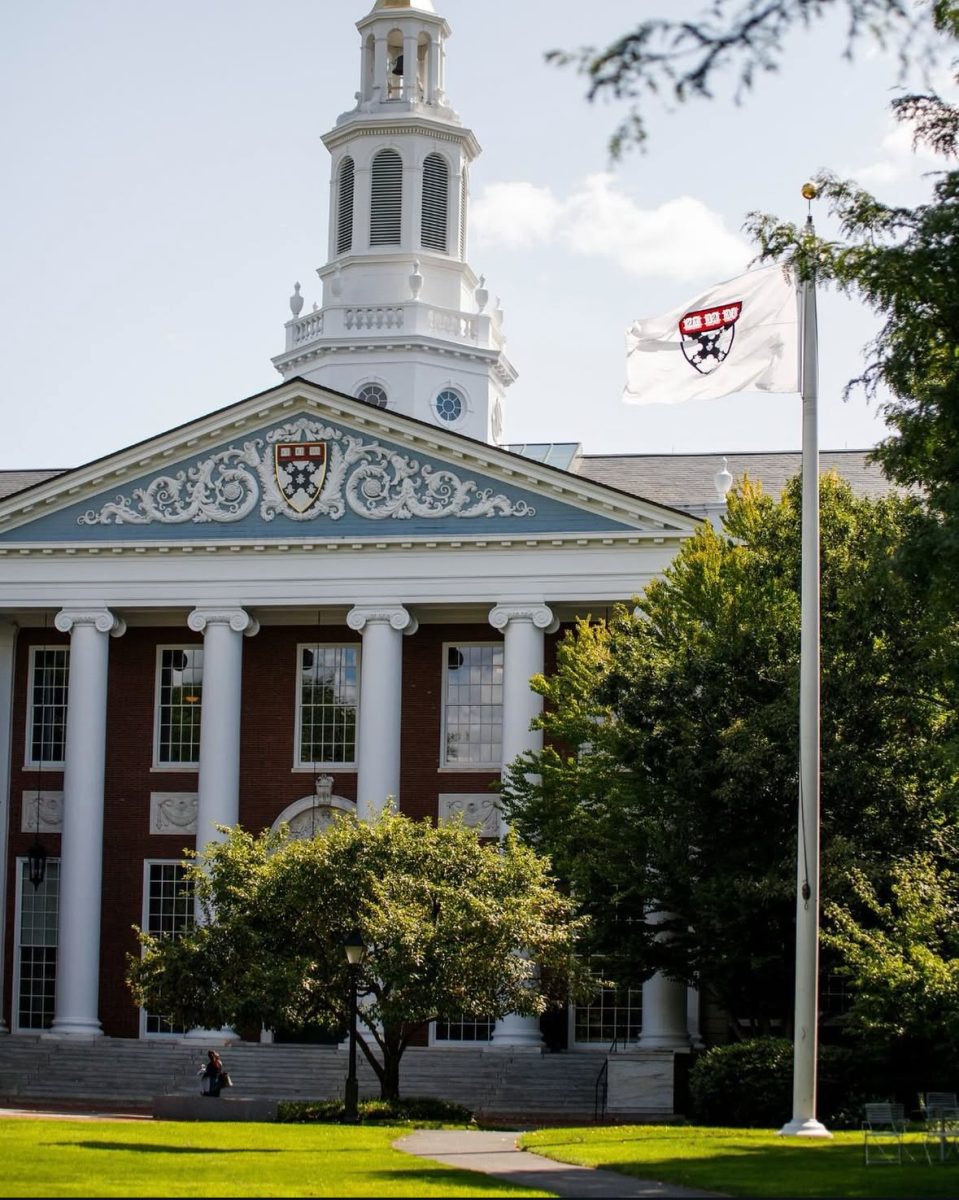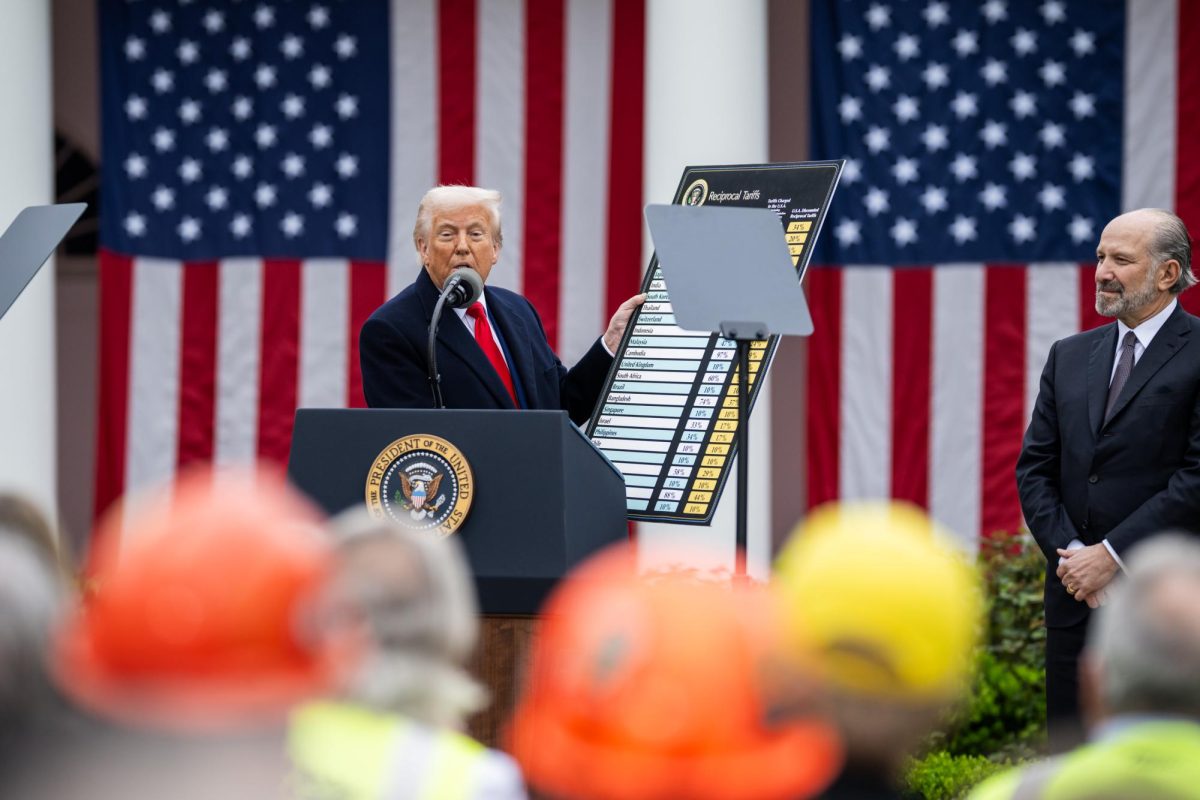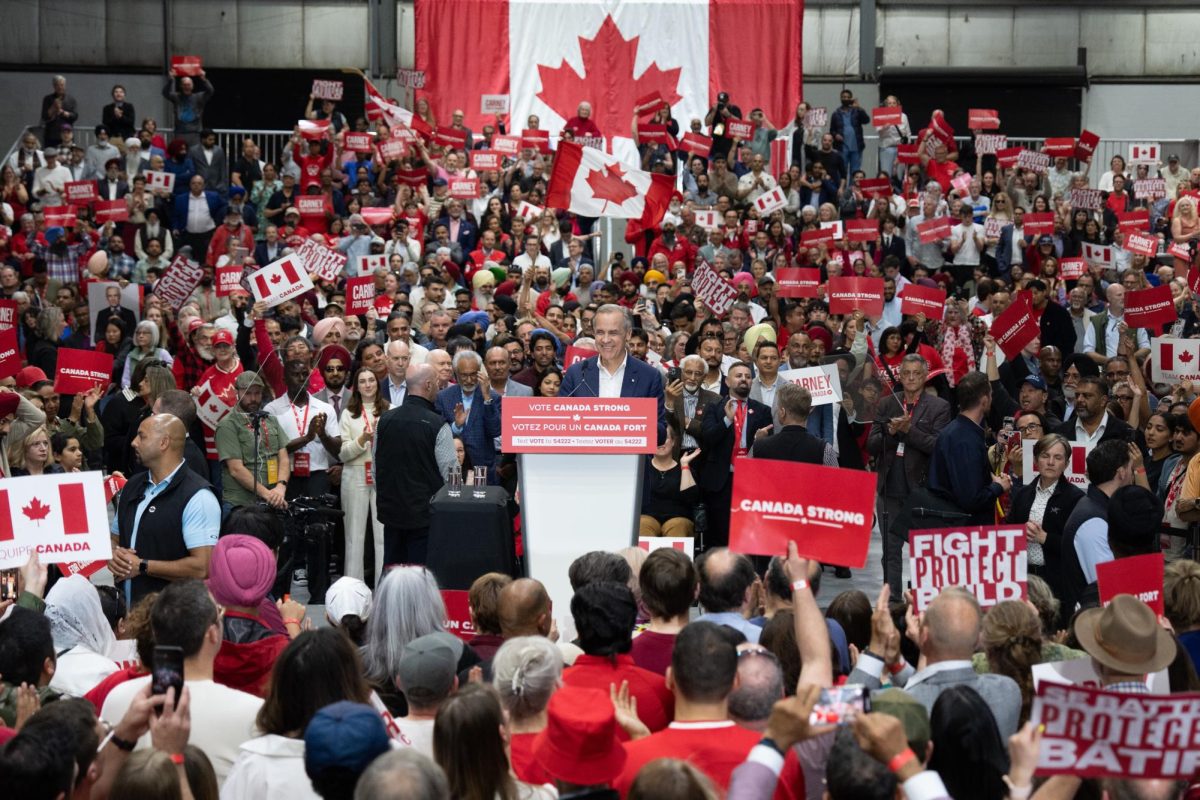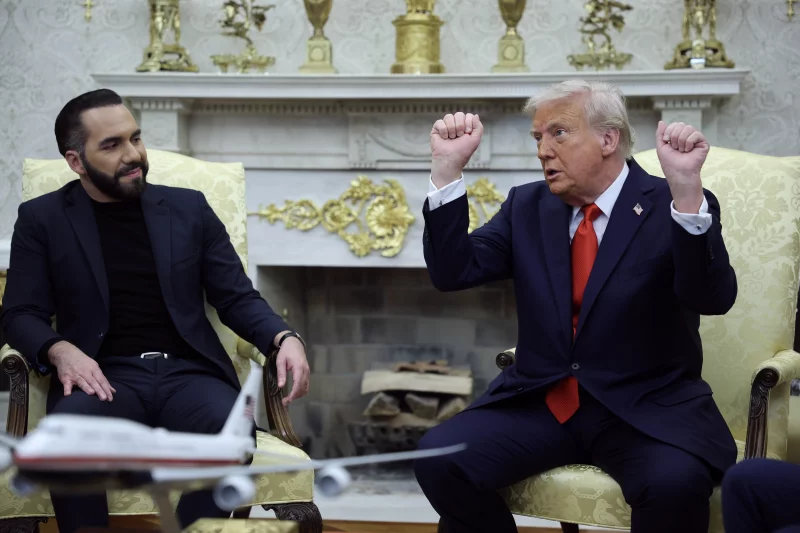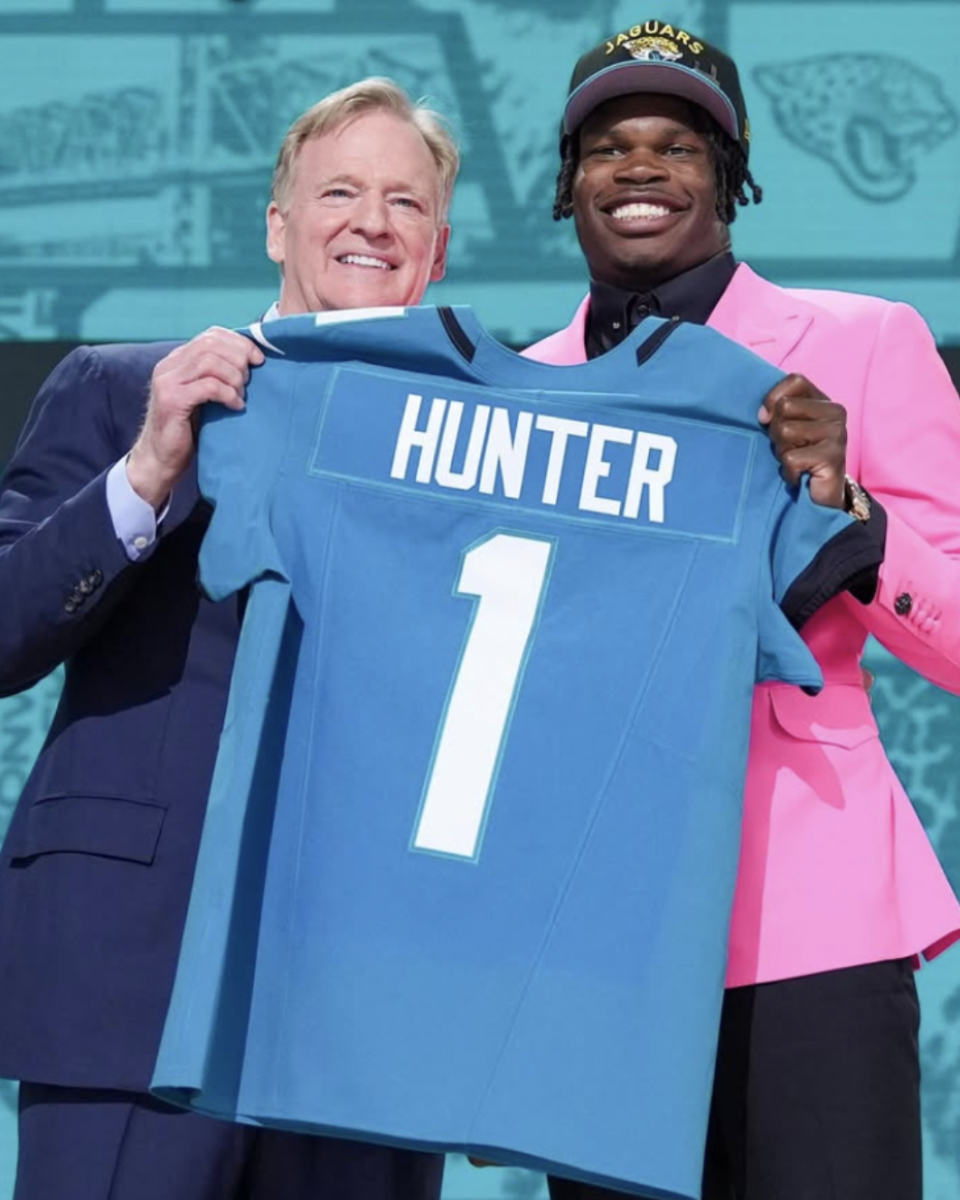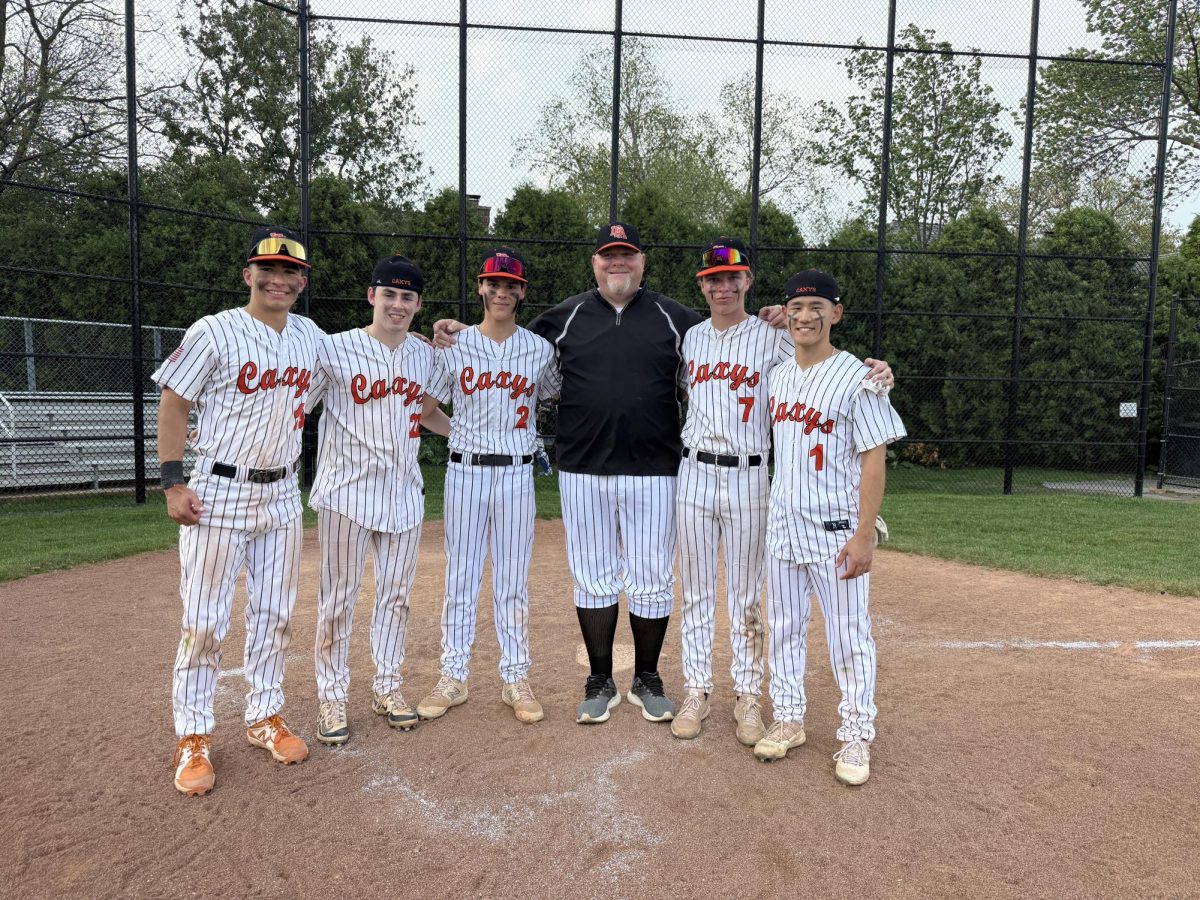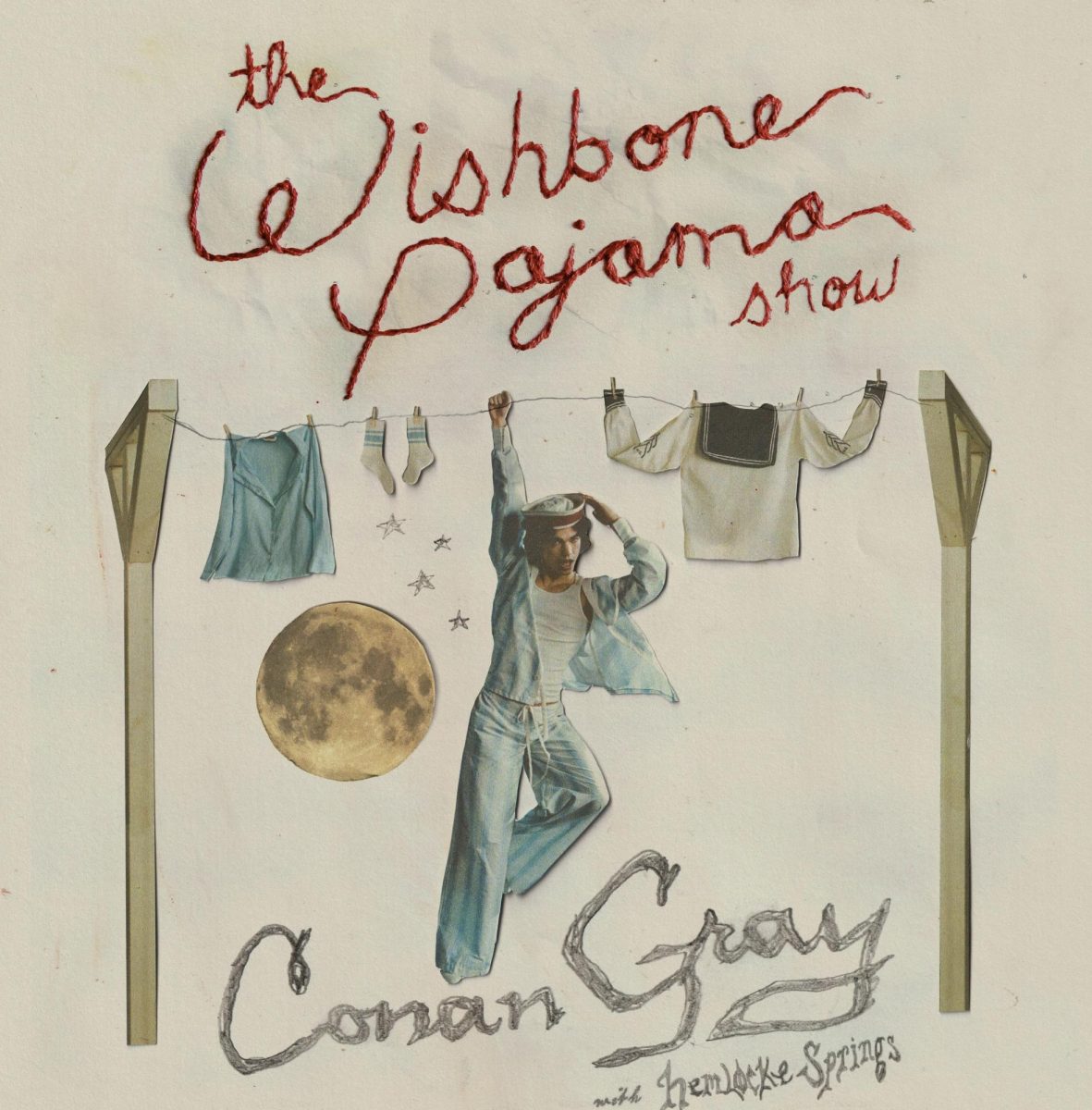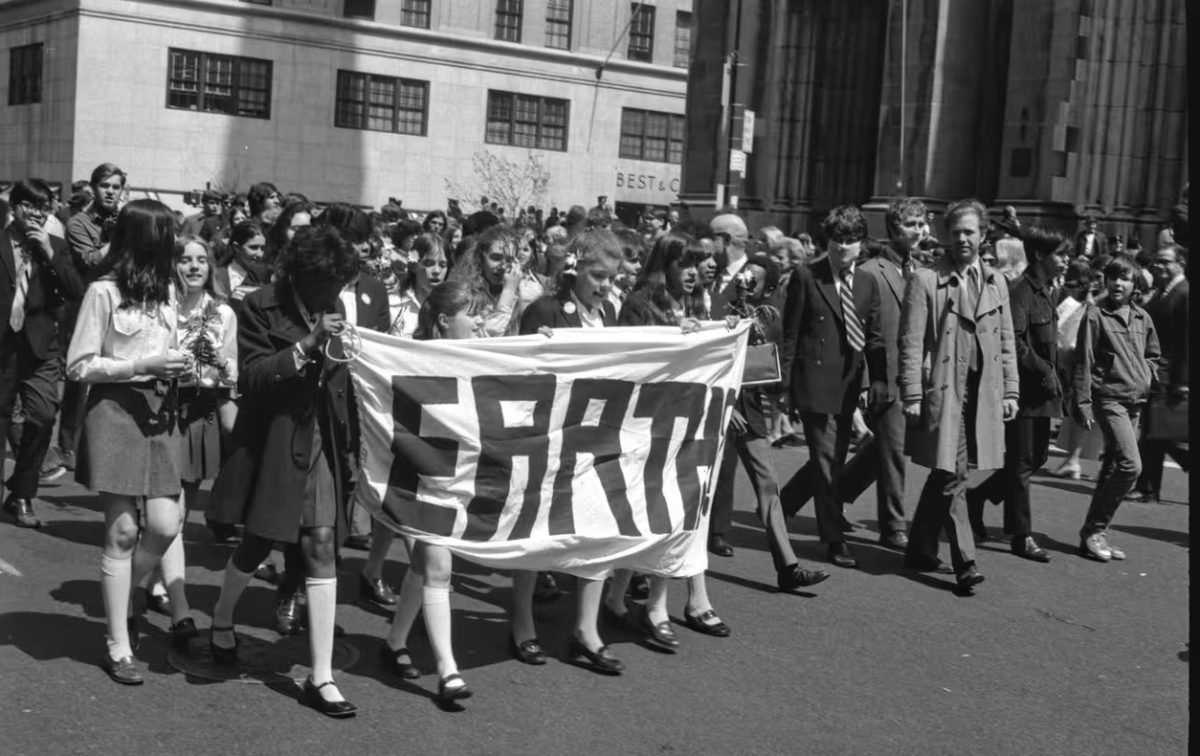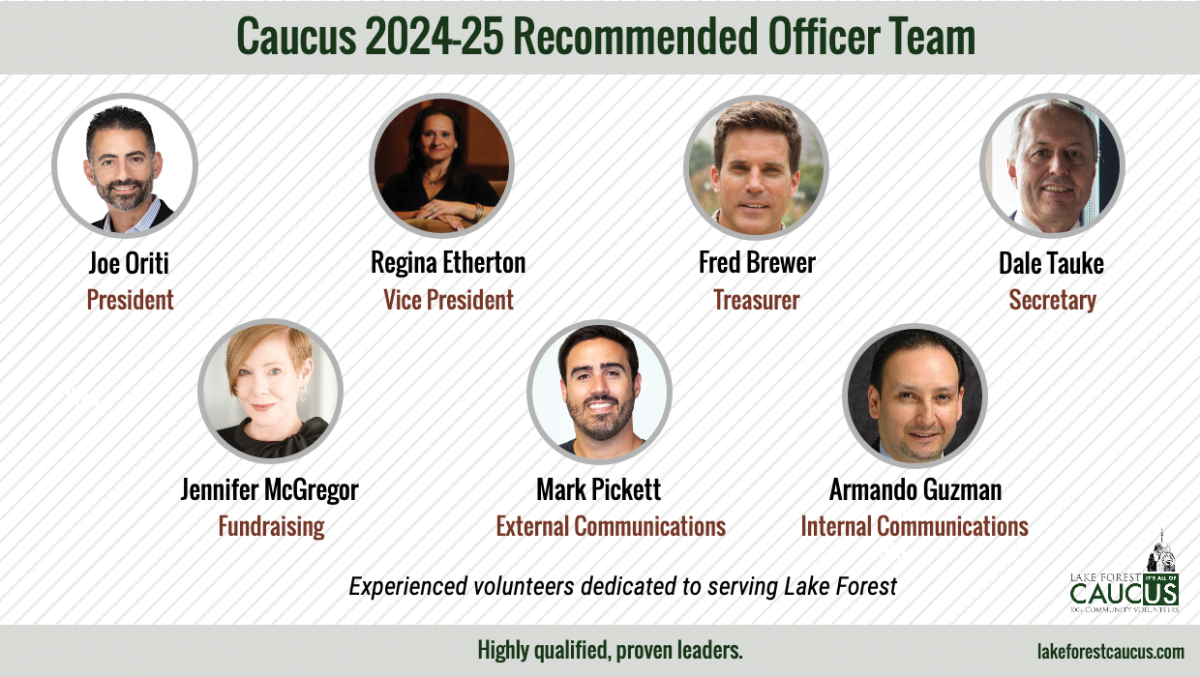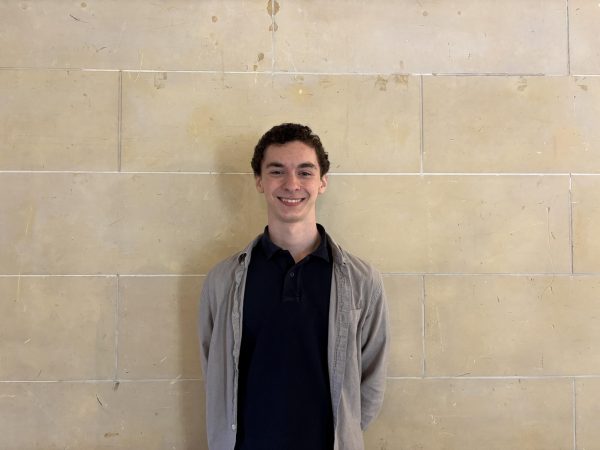The Executive Committee of the Lake Forest Caucus moved last month to override the result of a public confirmation vote on its slate of new officers for the organization–the second time it’s gone against the open vote since 2022. It’s called into question the purpose of the Caucus, and what its role should be for future elections in Lake Forest.
The Caucus–a political entity who aims to nominate and support candidates for government positions in Lake Forest–is divided into the 43-member Executive Committee (made up of 36 members from each of the four wards of Lake Forest, as well as 7 appointed officers) and the public body, which officially consists of all registered voters in Lake Forest. After nominating its 7 new officers to lead the 2024-25 committee, the full slate was brought to a public confirmation vote, which failed by a tally of 125 votes in favor to 132 votes opposed. However, the lack of clarity in the bylaws on what to do in the case of the approval vote failing opened up the door for the Executive Committee to proceed with the result of their internal vote–which “overwhelmingly confirmed” the new leadership, according to Patch Lake Forest-Lake Bluff. It’s the latest incident in a series of events that have led to diminishing public trust in the Caucus, leaving the city wondering what the future of the organization will be.
The controversy with the Caucus’ operations began in 2022, when the Executive Committee’s nominated incumbent mayor Randy Tack for the office. The public approval vote–which has historically only served to confirm the Executive Committee’s selections–went overwhelmingly against Tack. This came with record turnout, possibly spurred by a message from fellow candidate Prue Beidler, who encouraged supporters to vote against the Caucus’ nominations, including those for positions other than mayor, due to the lack of female representation in their slates. The typically low turnout in the public vote gave this message extra influence, causing further disputes within the Caucus and the Lake Forest as a whole. The Executive Committee moved forward with the slating of Tack–citing how easily influenced the public vote was as one of their reasons for doing so– and he would move on to win reelection. The Caucus Preservation Act, an amendment to the Caucus bylaws which would’ve removed the public confirmation vote for nominations, was shot down with a record 1500 Lake Forest citizens voting on the issue in November. The prospect of future reform remains up in the air.
In an interview with The Spectator, Caucus President Christopher Benes stated that the main goal of the organization is to “provide an open, independent, nonpartisan process for recommending the best qualified, unbiased citizen volunteers to serve in Lake Forest government and on the school boards.” To that extent, it’s done well to promote these candidates looking to serve Lake Forest. Noting the importance of “keeping partisanship out of Lake Forest municipal government,” Benes reiterated the high approval rating of the city’s government (90% according to the organization’s October 16th, 2023 survey), reflecting the Caucus’ own success in slating candidates for it.
The Caucus also helps to mitigate the impact of campaign funding for otherwise qualified candidates. As Lake Forest Podcast host Pete Jansons said, “either you can… [go through] the Caucus, or… you can advertise your way into things, and those are the two ways that you can come into play in Lake Forest… and make a difference.” Perhaps equally as important, though, is ensuring that an entity with as much political influence as the Caucus is operating transparently and democratically. This is where most of the concerns regarding it have arisen.
Specifically for mayoral elections, the Executive Committee of the Caucus chooses its endorsements through two rounds of interviews: one to narrow the field down to just a few qualified individuals, and one to select a single candidate. A key question that the Caucus asks prospective nominees is if they would support their slated candidate if they aren’t slated, which garnered controversy after Beidler ran in the 2023 mayoral election despite failing to receive the Caucus’ nomination. While there isn’t an explicit request to drop out, John Trkla, a member of Lake Forest for Transparency–a political organization that aims to achieve better, well, transparency when it comes to the Caucus’ activities–described a sort of “expectation to drop out” that the Caucus holds when it comes to the candidates that it interviews but doesn’t endorse. Given that all but every candidate slated by the committee for a governmental position has gone on to win their election, this has come off as the Caucus embracing a “proxy election” role to many, wherein it all but handpicks who will hold electoral positions in Lake Forest. This has fielded mixed reactions about whether this is good or bad for the city.
The Caucus has only been able to override its own public vote thanks to incorporating itself as a PAC (political action committee) in 2011, rather than a political party, which has given it some leeway with strict adherence to its bylaws, according to Trkla. With the 2023-24 edition of the entity on its way out, Benes made it clear that any potential amendments to clarify or modify these bylaws would be decisions made by its next committee, rather than the current one. One has to wonder if leaving the guiding document of the Lake Forest Caucus in its current state will lead to more ambiguity–or controversy–in the future.
The primary goal of any electoral system is to ensure that the people are well-represented in positions that impact their lives, especially on a local level. Prioritizing democratic processes in these systems guarantees that, which is why it’s so important that the Caucus makes sure that the best candidates for the city are supported with advertising for elections and assistance when registering. It also means that the most democratic step of the process–the official vote–should be prioritized, without the ability to be a serious candidate locked behind the endorsement of a political entity that has presented barriers in its own ways of incorporating public opinion. Legal challenges have forced the Executive Committee to call for a revote on the Caucus Officer confirmations on May 30th, with turnout expected to be higher than the 250 who cast their ballot on April 2nd. Still, one thing is for certain: With one of the core tenants of Lake Forest’s political system seemingly up in the air, it will be up to the next Executive Committee to take a deeper look at its relationship with the public and the very system that might allow seven potential members to come into power in the first place.


